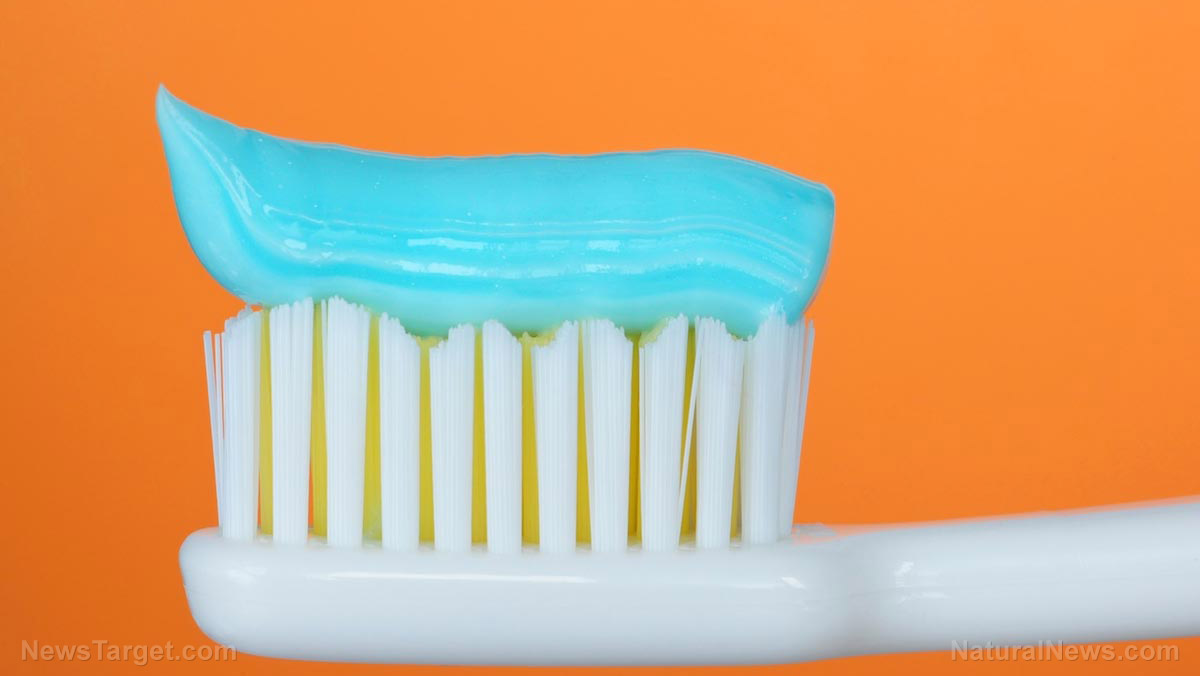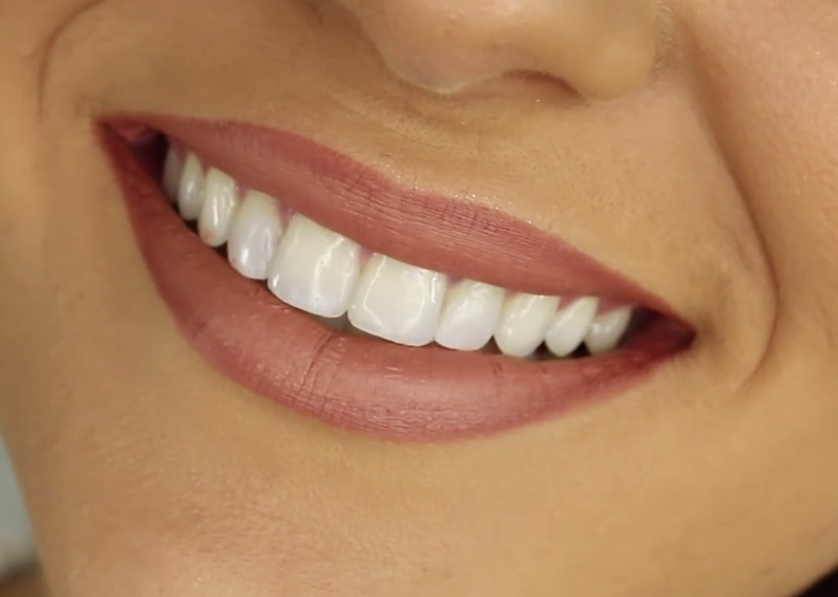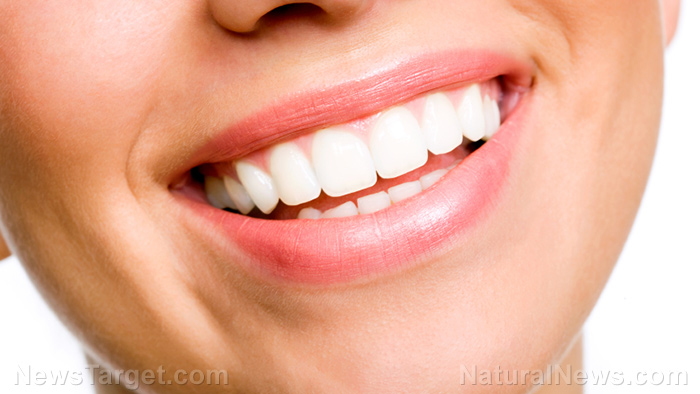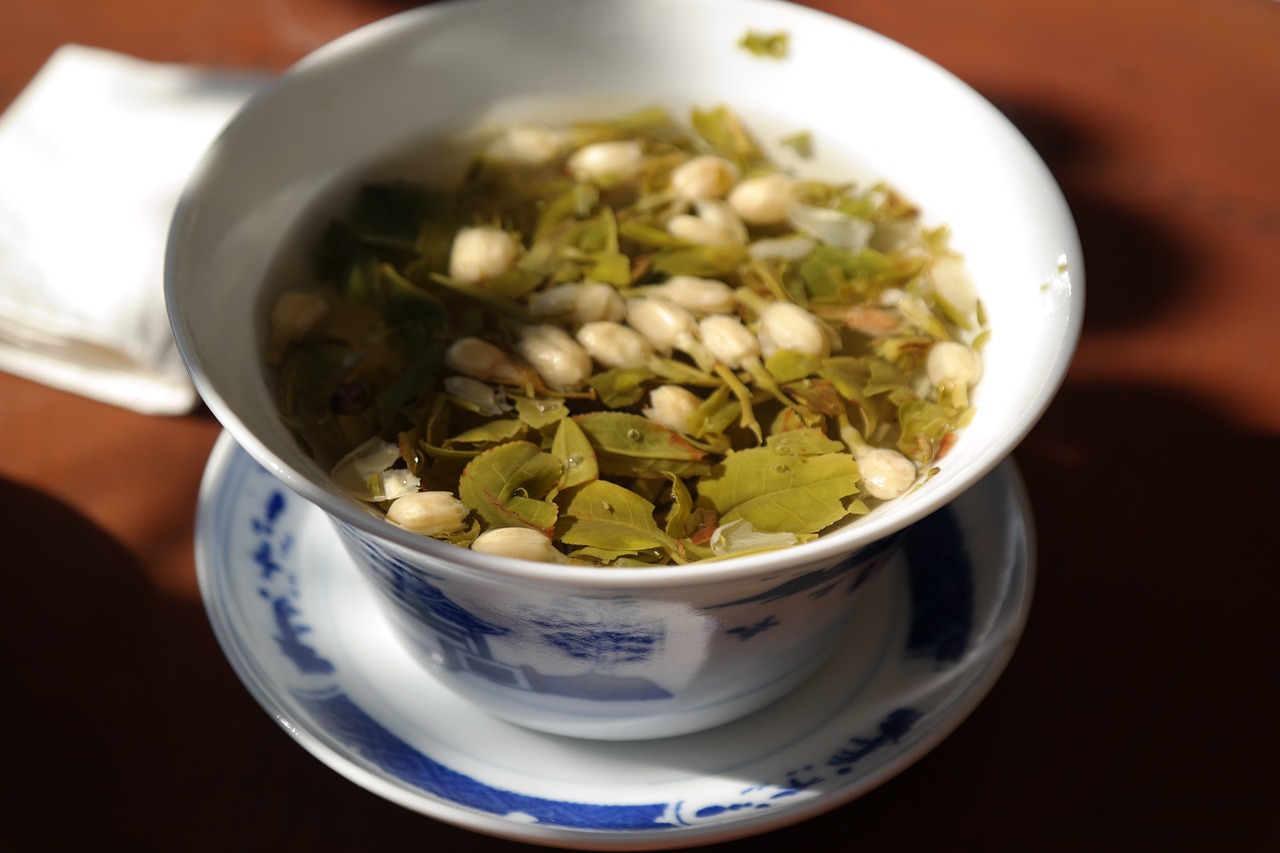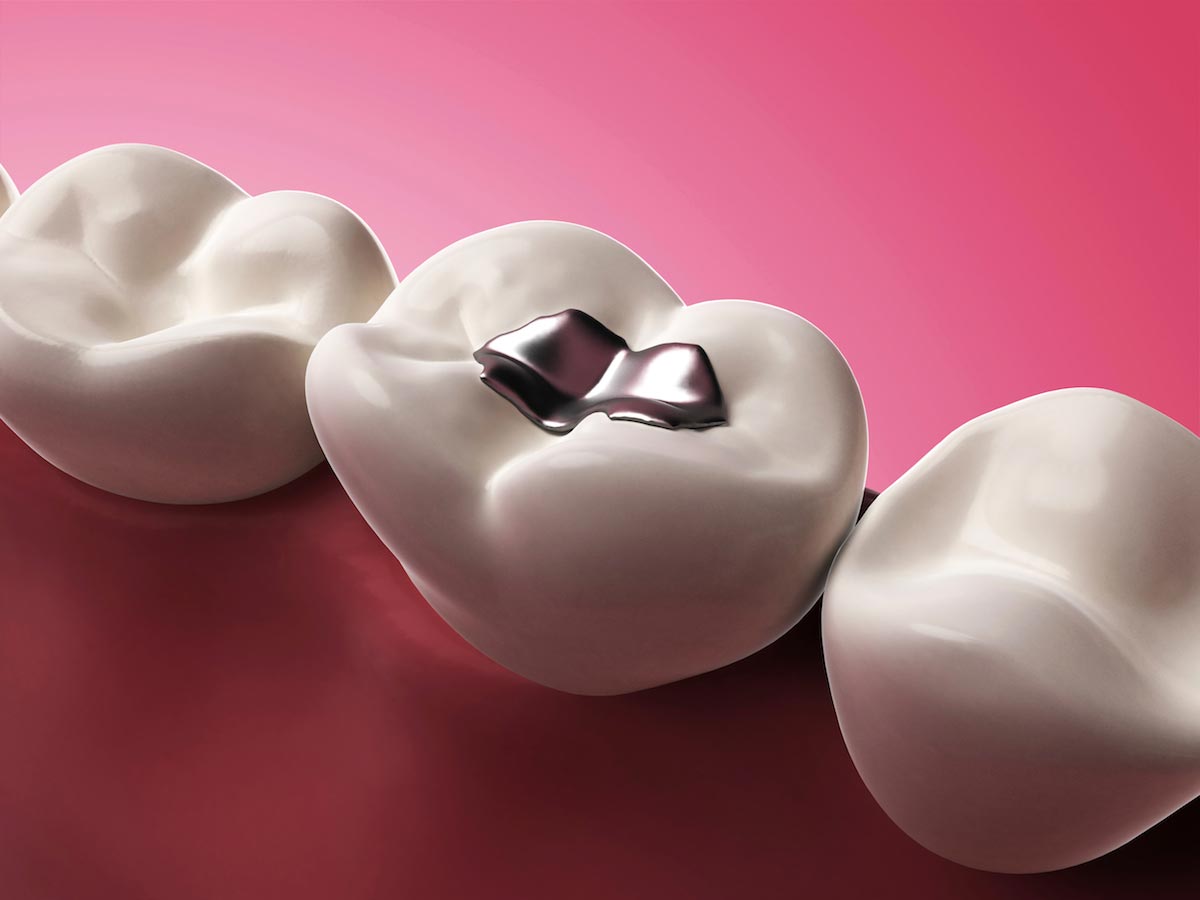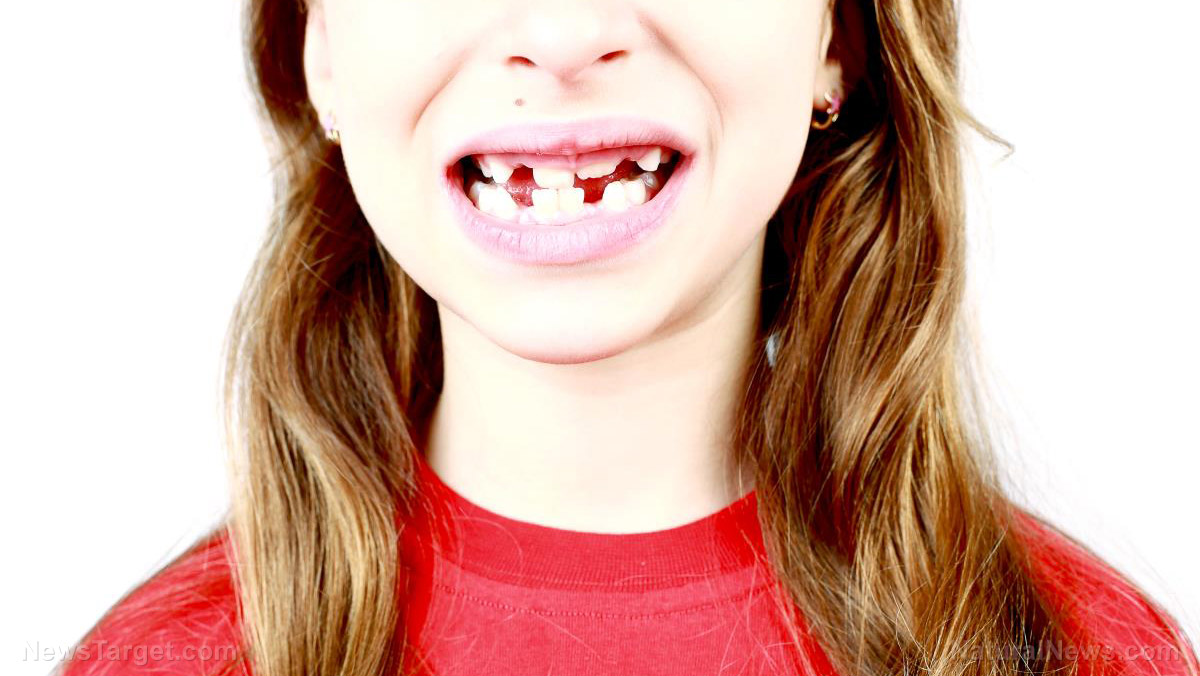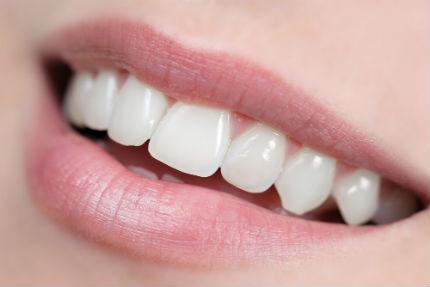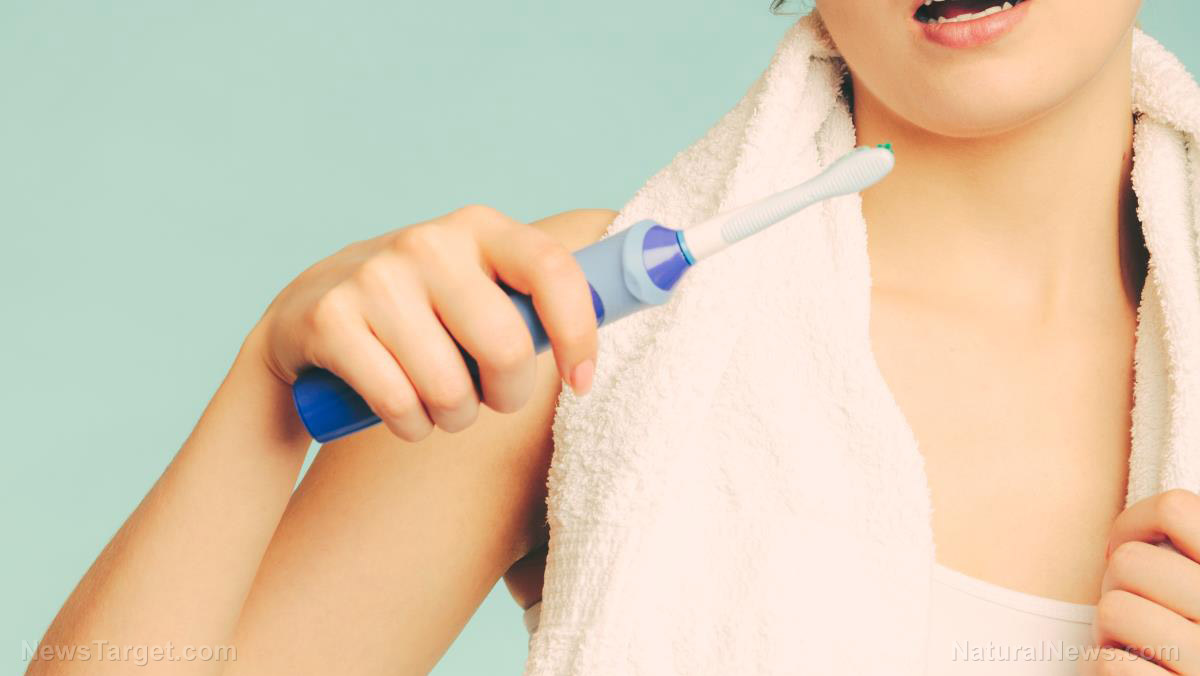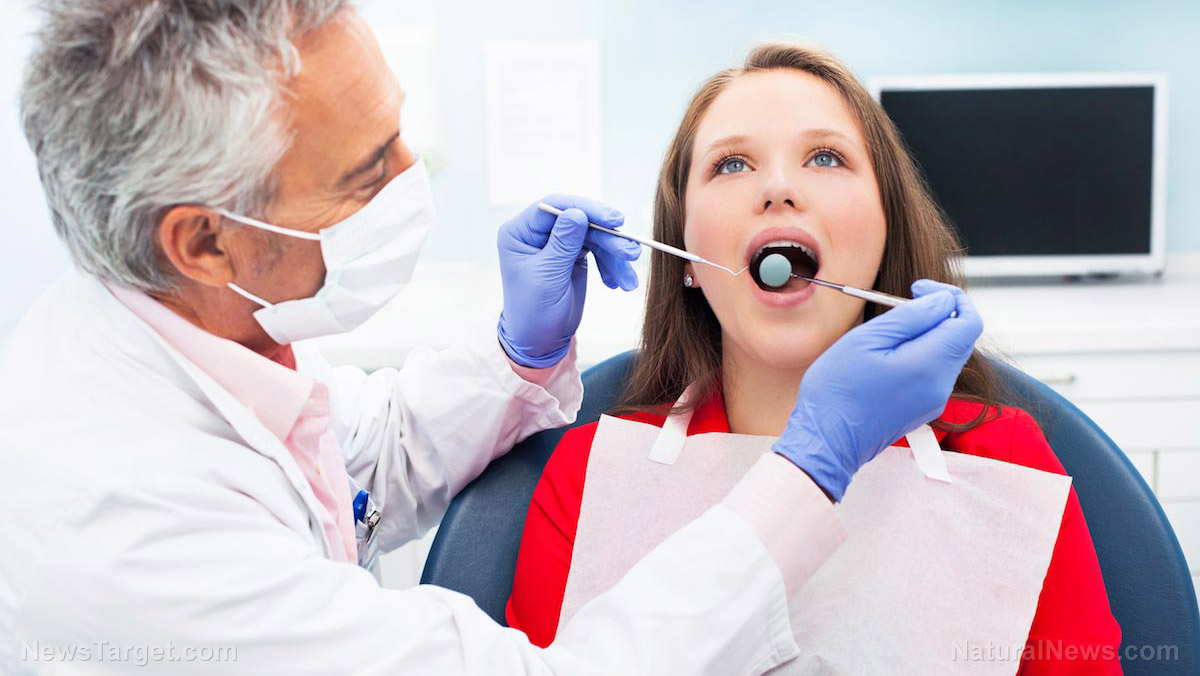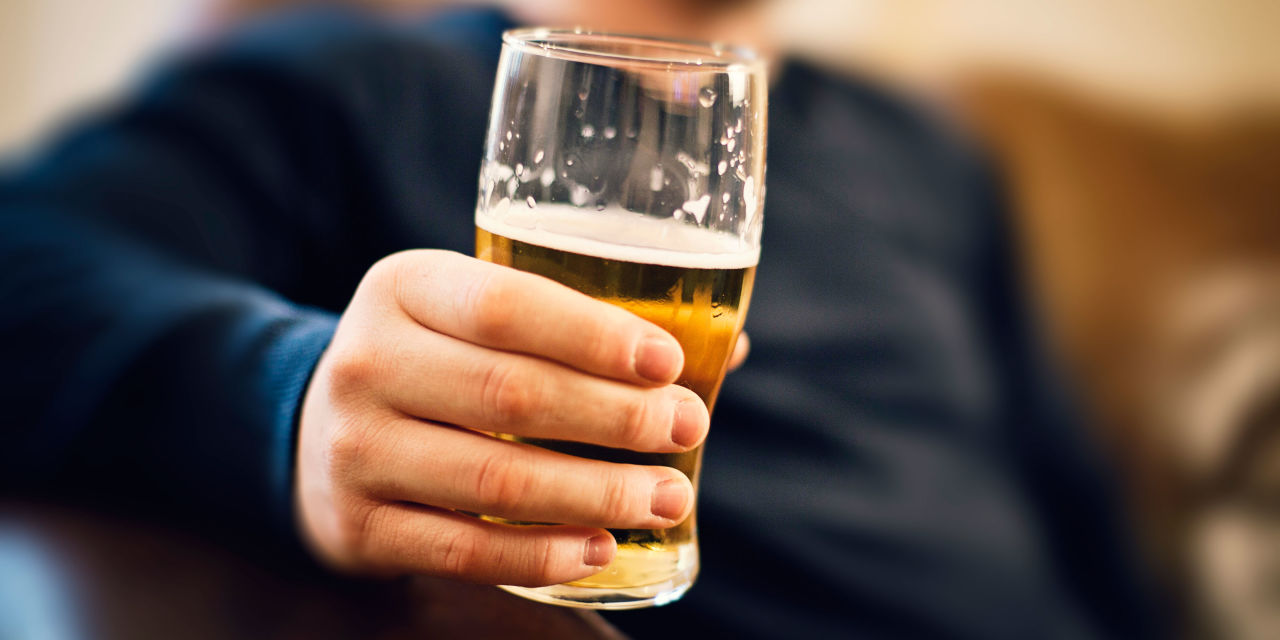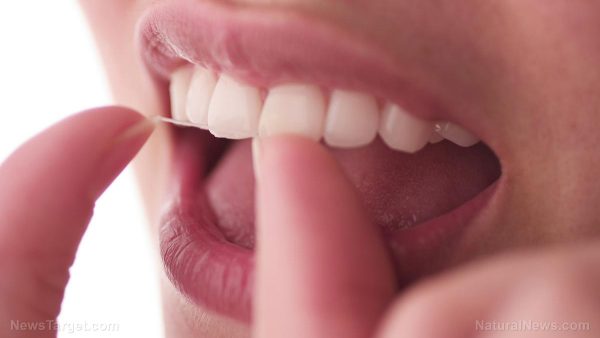Sugar in mints feed bacteria that rot teeth and lead to bad breath, doctors say
08/19/2018 / By Michelle Simmons

Chewing mints may not be the solution to your bad breath. It can actually make it worse. This claim was made by Australian-based dentist James Buchanan. He explained that even though mints are widely used to eliminate bad breath, the sugar in mints feed bacteria in the mouth that rot teeth and cause bad breath. Moreover, he said that it is best to use sugar-free gum.
Buchanan recommended that instead of chewing mints, eating yogurt and fresh fruits for breakfast will clean the mouth and eliminate the bad odor. Moreover, celery and apples will help increase the production of saliva in the mouth, which in turn washes away the particles that cause the bad odor.
Some mints use xylitol as a sweetener, which is a natural sugar alcohol. It helps prevent the growth of the bacteria that cause cavities as these bacteria cannot use xylitol to grow, unlike other sugars. With the use of xylitol over time, the quality of bacteria in the mouth becomes weaker, and fewer decay-causing bacteria survive on tooth surfaces. In addition, less plaque forms and the level of acids damaging the tooth surface is reduced.
Causes of bad breath
The Vital Statistics survey, carried out on behalf of whitening toothpaste manufacturer White Glo, asked 2,000 participants regarding their dental hygiene habits. It was found that only 52 percent reported brushing their teeth two times a day, which is the recommended amount. The most common cause of bad breath is bad oral hygiene. Other causes of bad breath include smoking, crash dieting, fasting, and low-carbohydrate diets, and foods and drinks, as well as certain medications and medical conditions.
“While trapped food particles can contribute to bad breath, the most common cause is plaque buildup on teeth,” Buchanan told The Sun, as cited by Daily Mail Online.
Plaque buildup on teeth leads to tooth decay, which in turn causes bad breath. Tooth decay also occurs when acid is produced from plaque. When food and drinks rich in carbohydrates — sugary foods and drinks in particular — are consumed, the bacteria in plaque transform the carbohydrates into energy they need, and produce acid simultaneously.
If the plaque builds up, the acid can start to destroy the surface of a tooth, which causes holes known as cavities. Then, these cavities will start to eat away the dentin, which is the second level of tooth material that lies at the layer after the enamel. In order to prevent damaging the enamel, Buchanan recommended to use a soft-bristle toothbrush instead of the hard-bristled ones.
Home remedies for bad breath prevention
Bad breath can be prevented at home in several ways, according to an article published on the website BestHealthMag.ca. (Related: Bad breath cures revealed: Top 7 ways to overcome severe halitosis for good.)
Listed below are some home remedies for preventing bad breath.
-
Use an oral irrigator. An oral irrigator is a handheld device that quickly pulses a small amount of water into the mouth, washing out the bad bacteria. This can clean the mouth better than a brush or floss string as it can go deeper.
-
Brush your teeth right after every meal. Brushing your teeth immediately after eating will stop the development of plaque.
-
Do not skip meals. The mouth can get very dry when you do not eat for a long period of time. A dry mouth is a perfect breeding ground for bacteria.
-
Refrain from smoking, drinking alcohol, and limit eating onions, garlic, and strong cheeses like Camembert, Roquefort, and blue cheese.
Read more stories about the teeth and mouth at Dentistry.news.
Sources include:
Tagged Under: Bad Breath, cavities, dental care, dental health, dentistry, Halitosis, mints, mouth, oral care, oral health, plaque, processed sugar, Sugars, sweeteners, teeth, Xylitol

